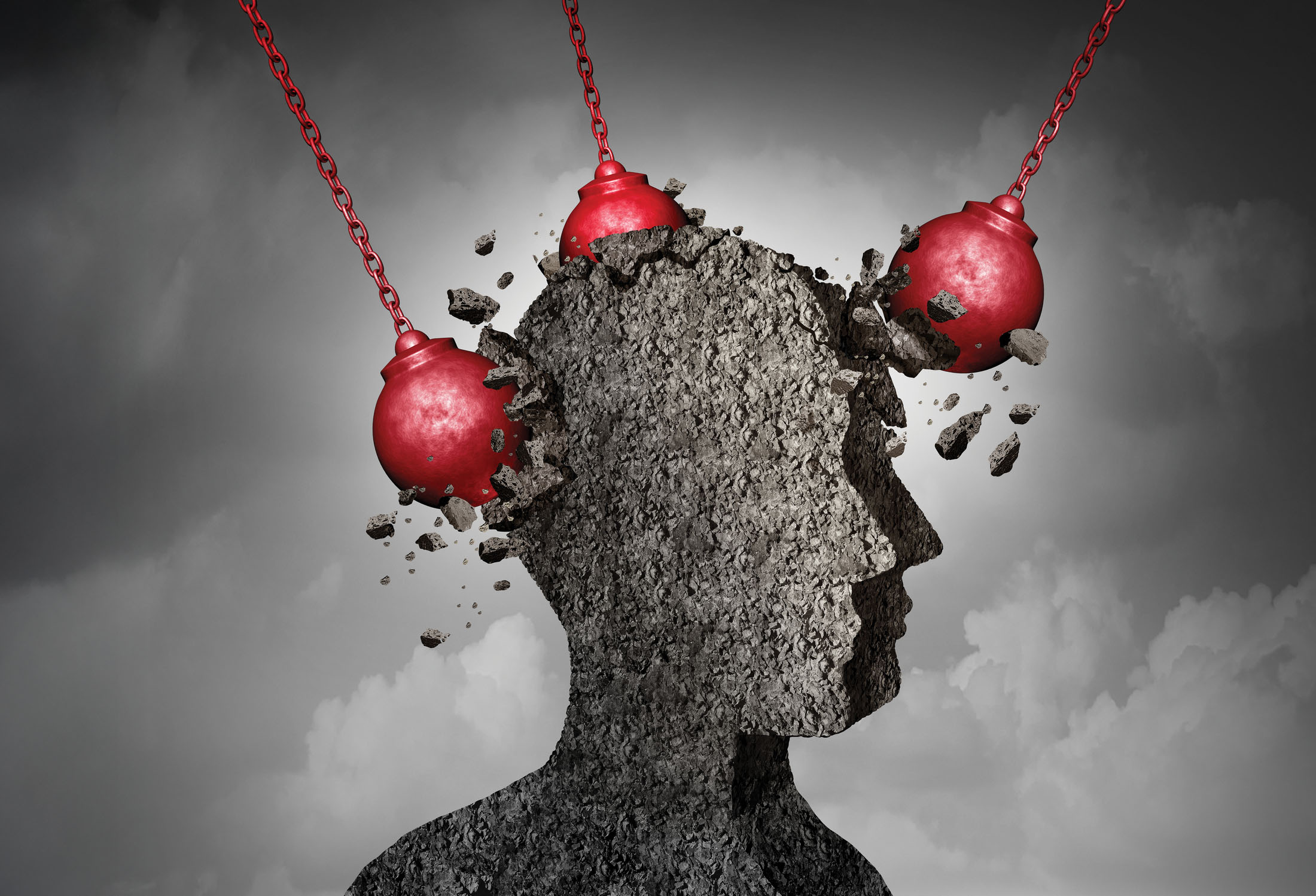
I was initially stupefied over my mother’s observation that I am “always so stressed” and that at my age, she “never suffered so much stress.”
Her claim seems unbelievable, because when she was even younger than I am today, my mother was enduring misery living as a Jewish woman and mother in the newly established Islamic Republic of Iran, while also standing in ration lines at 5 a.m. for food coupons and running for her life from incoming missiles during the Iran-Iraq War (1980-1988).
That, and she also didn’t have access to a Costco service that delivers products to your door within two hours of your online purchase.
Gone are the days when I, then a young Jewish girl, anxiously wore a mandatory hijab and also ducked for cover during Iraqi air raids in Tehran. I live in America, a land of freedom, First World doctors, (mostly) clean water, and deliverable everything.
So why is my mother correct in her assertion that I am a walking, talking ball of chronic stress?
I think about this question each time I run into Jewish friends and see their downtrodden faces or listen carefully to their tense tone of voice during a phone call. It seems that today’s 24/7 news cycle is particularly agonizing if you are Jewish. And never before in Jewish history did we have access to so much real-time news about the suffering of Jews worldwide.
Perhaps that’s not accurate; perhaps during our enslavement in Egypt, we were also privy to our brothers’ and sisters’ suffering because we were all experiencing brutality. Or perhaps during those 40 years of wandering through the desert, we were mostly aware of illness or tragedy in other tents or other tribes.
But if we really think about it, today we know more about Jewish suffering globally, and in real time, than ever before in our history. And it is taking a devastating toll on our physical and mental health.
Eighteen months ago, I learned about the biggest Jewish massacre since the Holocaust on the same day it happened. For months after, my nervous system endured so much that I visited one physical therapy office after another for help with everything from debilitating hand pain to neck and shoulder pain. It was all rooted in stress.
Last month, I learned (in real time) that arsonists were setting fires in Jerusalem on Israel’s annual Day of Remembrance. I couldn’t eat.
Several weeks ago, I learned (in real time) that a monster affiliated with Hamas had shot and killed a pregnant Jewish woman who was on her way to deliver her baby. I couldn’t function.
Last week, I learned that a rabid antisemite had killed a soon-to-be-engaged young couple outside the Capital Jewish Museum in Washington, D.C. while chanting the same genocidal slogan Jews have been warning about for decades. I couldn’t sleep.
I cannot imagine that in the late 1200s, my ancestors in then-Persia knew in real time that their Jewish brethren in England were being burned alive, if they ever found out at all. And I also can’t imagine that medieval Jews in England or elsewhere knew that their brethren were being wiped out or mass-converted in Arab or Muslim lands for centuries. News was slow, and Jews had their own problems in every country, city and village.
Want even more proof? For years, Jews who lived in America, the bastion of stellar news reporting and modernity, didn’t know that their brethren in Europe were being murdered in gas chambers.
Imagine if, in 1941, the vast majority of American Jews knew everything that was transpiring during the Holocaust, and in real time. The American Jewish community would have experienced a national mental health breakdown.
And that is what many Jews are facing after the Oct. 7, 2023 massacre. It is also why my mother is right: I am under an unprecedented amount of stress. And so is she, despite the fact that she still uses a flip phone, because my mother listens to Persian-language radio day and night.
Given our millennia of pain, is it good for Jews to know exactly when we are suffering in any corner of the world?
In a 1956 Israel Independence Day address titled “Kol Dodi Dofek” (“It Is the Voice of My Beloved That Knocks”), the late Rabbi Joseph Soloveitchik implored a global Jewish population that had witnessed the Holocaust a decade earlier to take personal responsibility for the fate of every Jew. He wrote, “If boiling water is poured on the head of a Moroccan Jew, the prim and proper Jew in Paris must scream. And by feeling the pain, he is loyal to the nation.”
But as I asked in a previous column in early May, how much more can we take?
Even worse, though much of what I am writing seems to relate to Jewish adults, we are not asking one of the most important questions a Jew must pose today: What effect is the real-time awareness of global Jewish suffering having on our children, especially the young ones with access to smartphones? I will address this issue in next week’s column.
The night that Yaron Lischinsky and Sarah Milgrim were brutally gunned down at the Capital Jewish Museum, eighth graders from a Jewish school in Los Angeles were in Washington, D.C. as part of a trip to the East Coast. Guess how these beautiful, innocent young people must have learned about the horrifying murders? I fear their phones informed them even before their parents had a chance to call and see if they were okay.
And yet, there must be a silver lining to how globalization and technology are creating the most interconnected generation of Jews in history. Yes, we grieve together, but we also unite together, spread Jewish joy together, and celebrate together (think about Jews worldwide who have donated to wedding funds for IDF soldiers or Oct. 7 survivors who are getting married). And when one of us feels isolated in the West, we truly have a community that upholds us from around the world.
And yet, there must be a silver lining to how globalization and technology are creating the most interconnected generation of Jews in history.
Something tells me that very soon, we will need each other even more than we do today.
Perhaps global Jewry must now prepare itself for one of the biggest real-time challenges we will face in our lifetimes: a seemingly imminent Israeli attack against multiple targets in Iran within the coming weeks. We know that Iran helps control Hamas, has the largest arsenal of ballistic missiles in the Middle East (estimated at 3,000), and that it also has the power to activate many terror cells in the U.S., Canada and Europe. The regime recently warned of a “devastating and decisive response” if Israel strikes.
Has the regime issued this threat for the last two decades? Yes. But if the past two decades have taught us anything, it is that we are tragically able to come together, and hopefully, to stay together.
In a few weeks, we may not have a choice.
Tabby Refael is an award-winning writer, speaker and weekly columnist for The Jewish Journal of Greater Los Angeles. Follow her on X and Instagram @TabbyRefael.
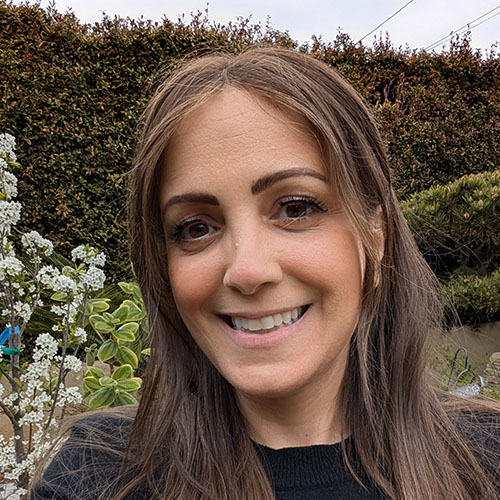









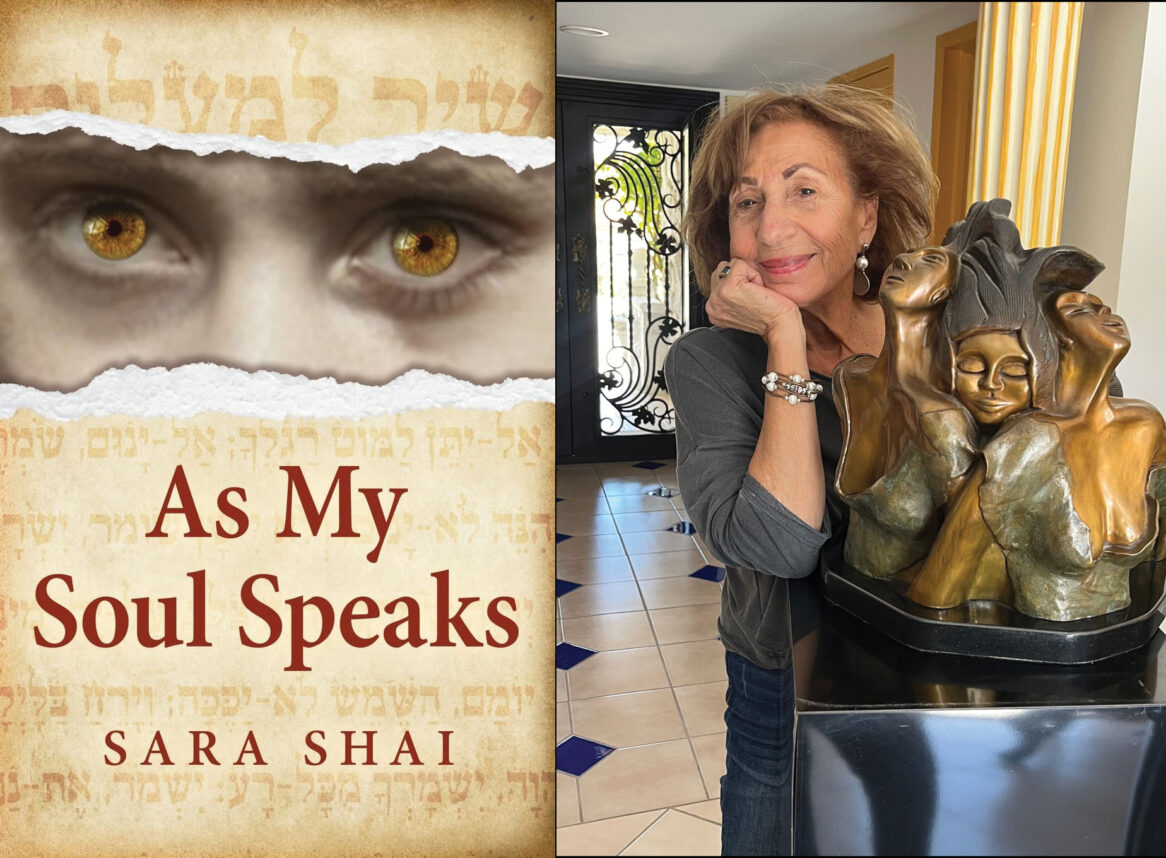



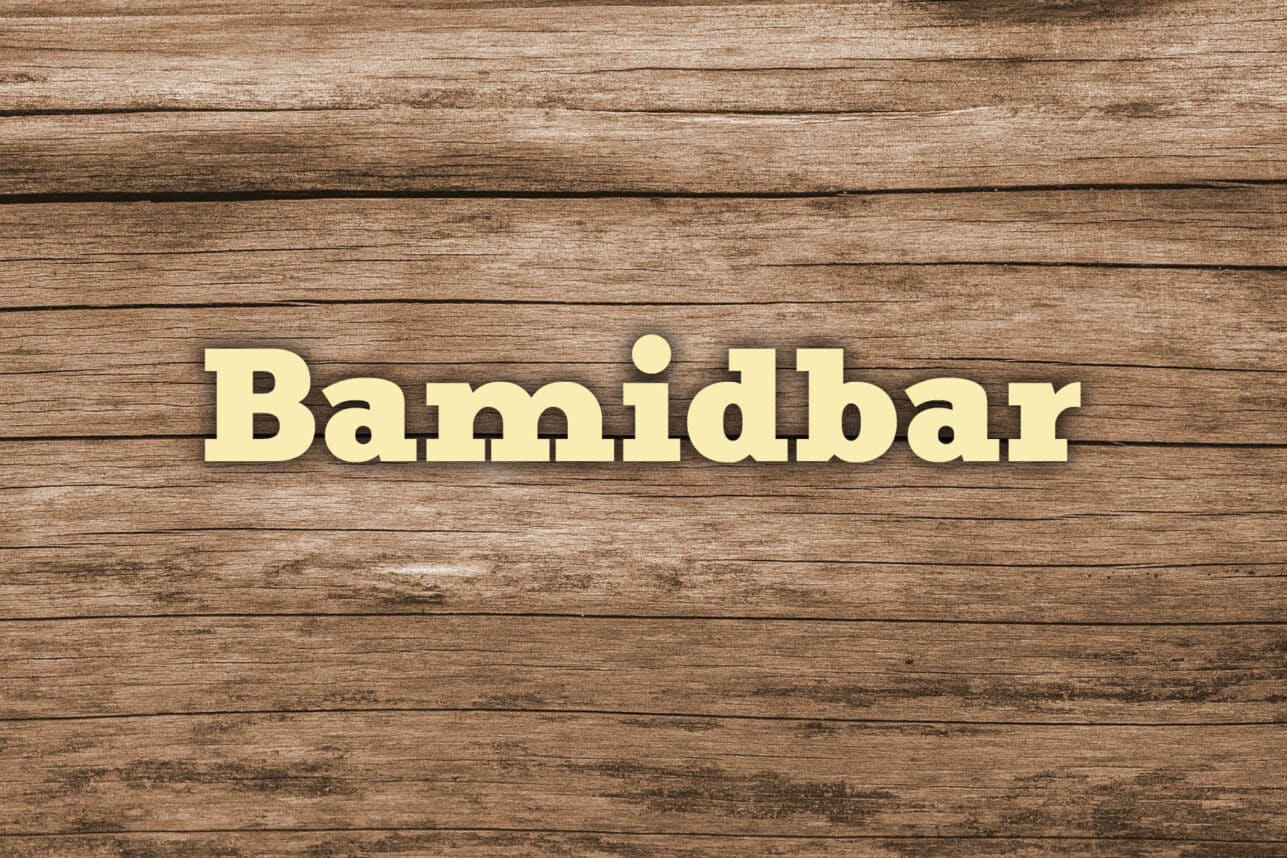

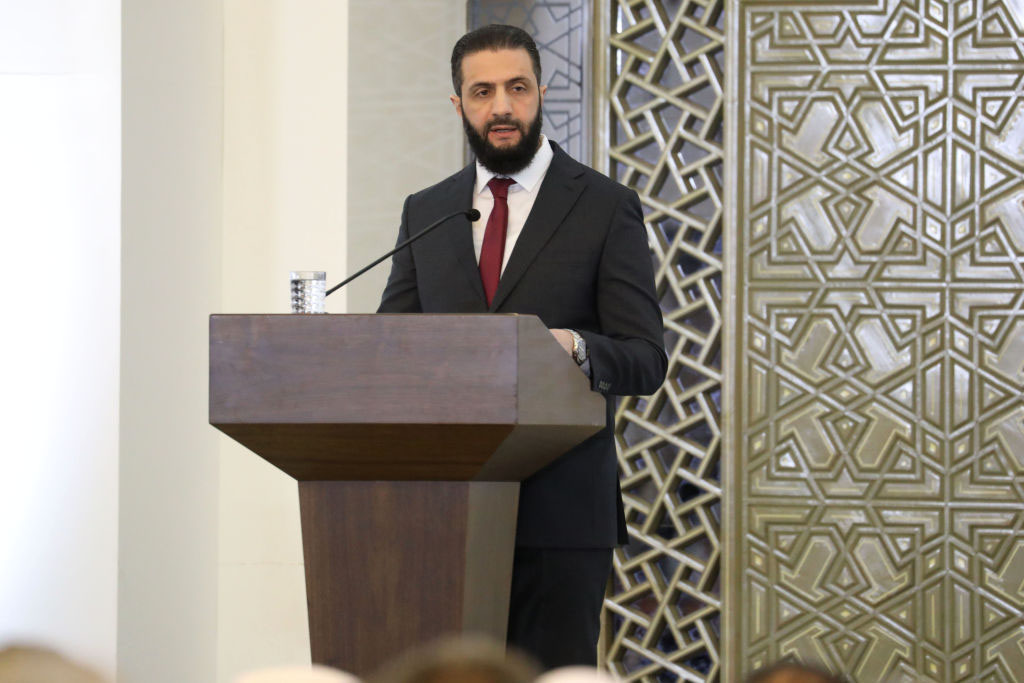
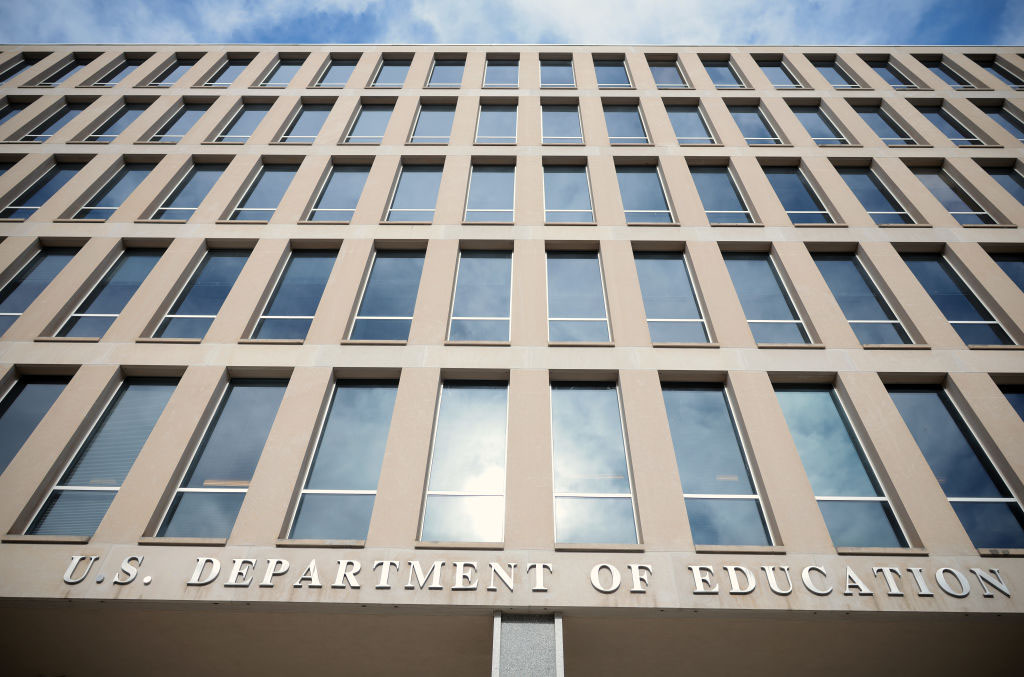





 More news and opinions than at a Shabbat dinner, right in your inbox.
More news and opinions than at a Shabbat dinner, right in your inbox.